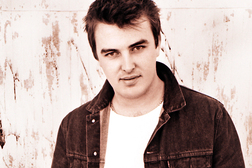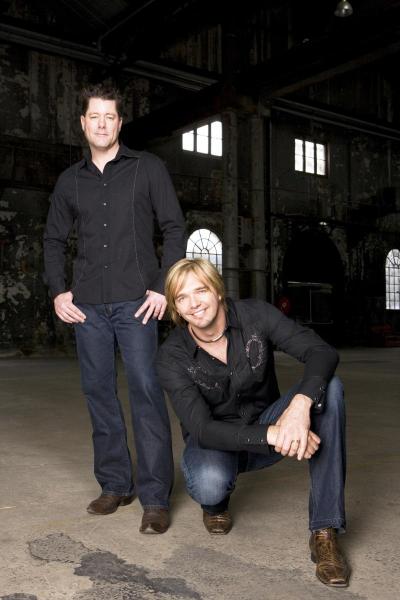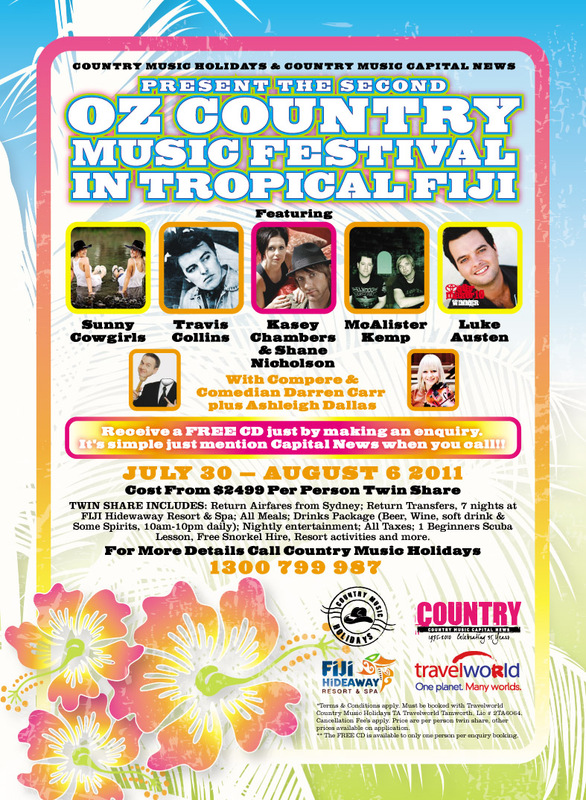 From July 30 – August 6, 2011, Fiji will be the scene of the 2011 Fiji Oz Country Music Festival. The event, to be held at the Rydges Hideaway Resort on the Coral Coast of Fiji will be headlined by ARIA Award winner Kasey Chambers and Shane Nicholson. The festival will also feature other top Australian country music artists like the chart-busting duo McAlister Kemp, Perth-born sisters The Sunny Cowgirls, Star Maker awardee Travis Collins, 2010 Toyota Star Maker winner Luke Austen, The Ashleigh Dallas Band and comedian - ventriloquist Darren Carr as emcee.
From July 30 – August 6, 2011, Fiji will be the scene of the 2011 Fiji Oz Country Music Festival. The event, to be held at the Rydges Hideaway Resort on the Coral Coast of Fiji will be headlined by ARIA Award winner Kasey Chambers and Shane Nicholson. The festival will also feature other top Australian country music artists like the chart-busting duo McAlister Kemp, Perth-born sisters The Sunny Cowgirls, Star Maker awardee Travis Collins, 2010 Toyota Star Maker winner Luke Austen, The Ashleigh Dallas Band and comedian - ventriloquist Darren Carr as emcee.




Settled sometime between 3500 – 1000 BC, Fiji has 332 islands and over 500 islets giving it an area of 18,300 square kilometers. Situated about 2,000 kilometers northeast of New Zealand, it was a colony of Britain until 1970. Blessed with rich forest, mineral and fish resources, Fiji is among the most developed economies in the area which includes Tonga, Vanuatu and the Samoas. It also has an active tourism industry and is a major sugar exporter. The name Fiji was given by Captain James Cook because the people from Tonga, where Cook first met people from Fiji, pronounced Viti (the home of the Fijians) as “Fisi”.
Although it belongs to the Melanesian group, the music of Fiji sounds more Polynesian, perhaps because the Polynesians were the first to settle the islands. However, the folk music styles of Fiji are a blend of Melanesian and Polynesian reflecting the high mobility in Fiji's history. Vocal church music, a rich harmony, dances and complex percussion characterize the folk music of the country.
“Lali” drums are an important part of the culture of Fiji and are one of the various indigenous musical instruments of the country. The drums are used to summon people and to spread the news of births, deaths and wars. Today, Fijians, like their Polynesian neighbours, love to play the ukulele, guitar and mandolin. “Meke” which refers to a traditional type of dance is performed at celebrations and festivals by people who claim to dance under the influence of spirits. The “cibi” is a Fijian war dance which became well known since it was performed by the Fiji team before each national rugby union match.
There is a strong Indian influence in the music of Fiji traceable to the late 1800's when its British colonizers brought over Indian contract labourers to work in the sugarcane fields. There is Indo-Fijian music like Bhajans, sung to the accompaniment of the harmonium and dholak. The Qawwali is devotional music popular in the Punjab and northern parts of India and Pakistan. Ghazal/Thumri is highly popular in Fiji, and its most famous artist Cassius Khan has received the Salute to Excellence Award from Canada, as well as a Juno Award. Starting in the 80's Fijian Pop has produced many bands and artists that have become popular across the region. Laisa Vulakoro is well known for creating “vude” which combines elements of disco, country, island music and rock 'n roll.
So pack your bags and make a call... it's a perfect place to get away from the winter in Australia and indulge in the warmth and hospitality of the Fijian people while listening to our great Country Music!


 Subscribe to RSS Feed
Subscribe to RSS Feed